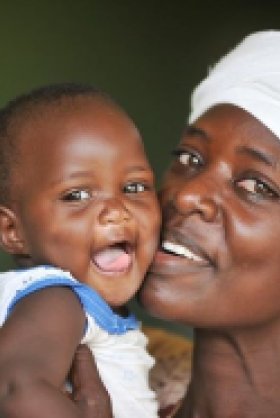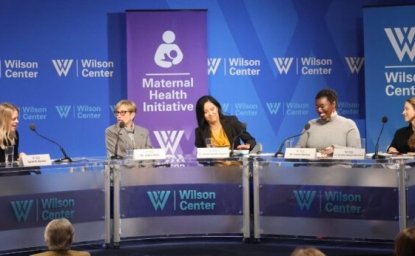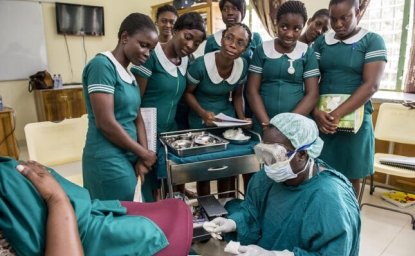Six Steps Towards Ending Preventable Maternal Mortality


Every day, 830 women around the world die from complications related to pregnancy or childbirth. Most of these deaths are due to severe post-partum bleeding, infections, high blood pressure during pregnancy, delivery complications, and unsafe abortions. The vast majority of these deaths could have been prevented with timely interventions.
While most (99 percent) of the more than 300,000 maternal deaths each year occur in developing countries, maternal death is a global reality.1 Some countries, including the United States, are currently experiencing a rise in maternal mortality rates (MMR). Sustainable Development Goal 3 set a 2030 deadline to reduce the global maternal mortality ratio from its 2015 level of 216 deaths per 100,000 live births to fewer than 70 maternal deaths per 100,000 live births. To meet this objective, ending preventable maternal mortality (EPMM) must remain a vital goal for the global community.
The Maternal Health Initiative and the United Nations Population Fund hosted two private meetings with maternal health and family planning experts at the Woodrow Wilson International Center for Scholars, in Washington, D.C. In collaboration, the following six steps to help end preventable maternal mortality were developed:
- Take a rights-based approach to women’s health
- Follow a holistic life-cycle approach to woman-centered care, from adolescents and youth, to spacing and limiting births, to reproductive health issues ranging from STI and HIV prevention to cervical cancer and other diseases of the reproductive tract
- Pay attention to emerging issues: comprehensive sexuality education and non-communicable diseases
- Acknowledge the impact of unsafe abortions and promote quality post-abortion care
- Ensure accountability at all levels and focus on data collection, disaggregation, and reporting
- Do not silo investments in women and newborns
Six Steps Towards Ending Pr... by The Wilson Center on Scribd
Authors



Maternal Health Initiative
Housed within the Wilson Center's Environmental Change and Security Program, the Maternal Health Initiative (MHI) leads the Wilson Center’s work on maternal health, global health equity, and gender equality. Read more

Explore More
Browse Insights & Analysis
Closing the Women’s Health Gap: Research, Investment, and Eliminating Inequities

2024 Dot-Mom Guest Contributor Highlights

